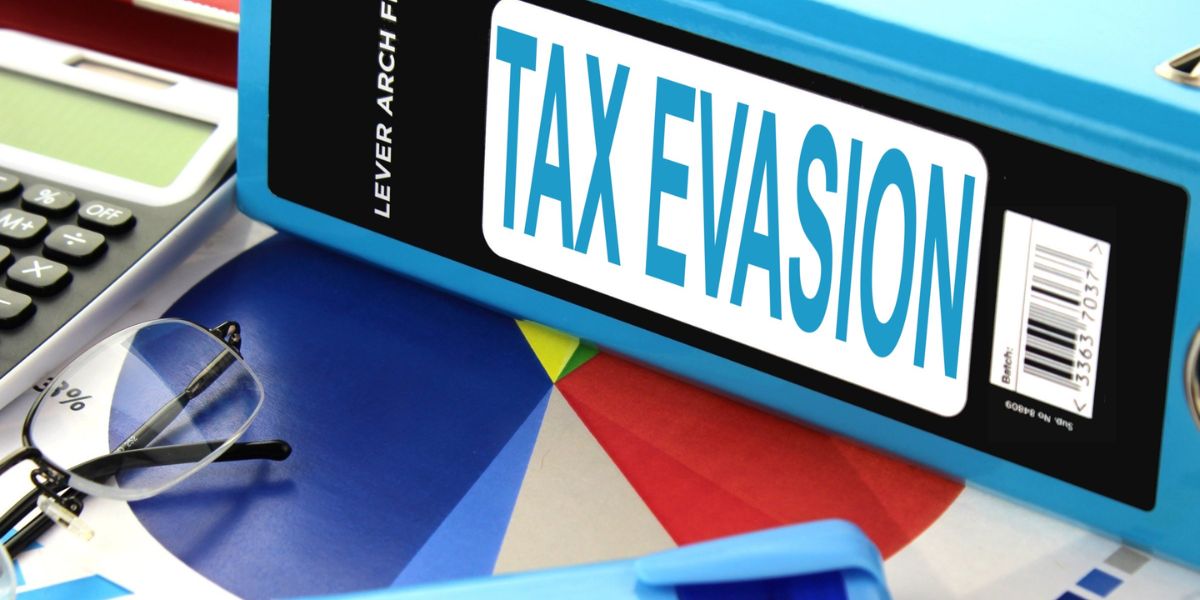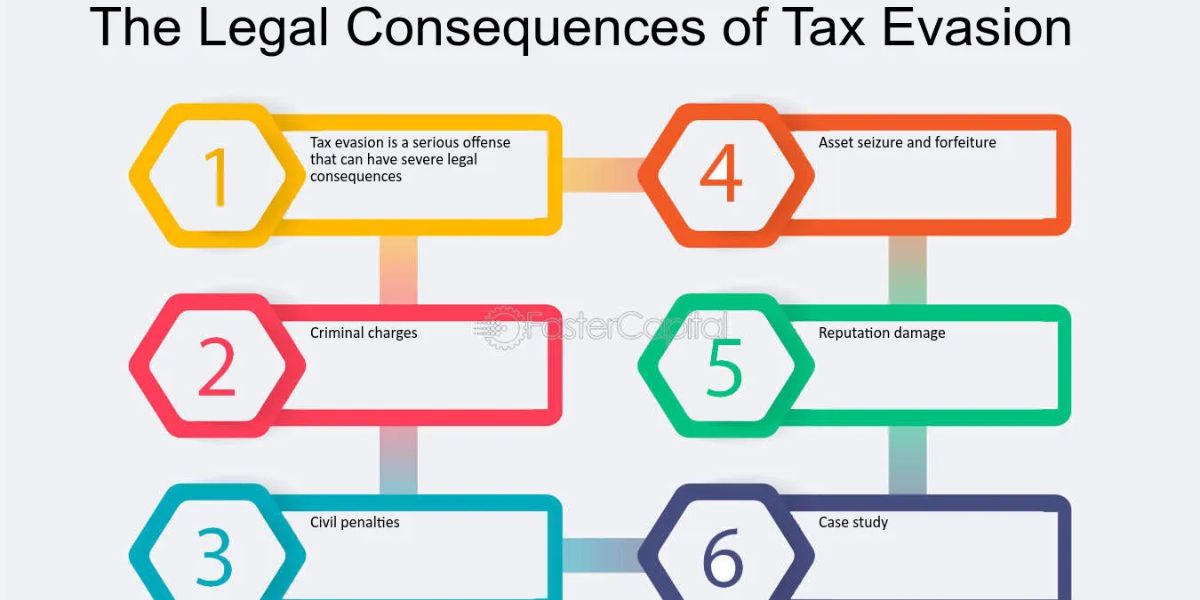When choosing which state to retire, taxes may have crossed your mind. Knowing which are the most tax-friendly states for retirees may help you decide. Just keep in mind that no state has zero taxes. So, where some taxes are low, other types may be high.
Considering the pros and cons of state taxes in retirement will provide you with the best overall tax picture. Additionally, how the IRS taxes various types of retirement income can affect your tax burden.
(Note: This ranking only considers state tax burdens. You may want to consider other factors, like cost of living, political climate, and crime rates, before deciding where to relocate.)
Most tax-friendly states for retirees
The ranking for the most tax-friendly states for retirees is based on two major factors.
Only states that don’t tax retirement benefits were considered. Of those 13 states, the 10 with the lowest median property taxes paid were chosen.
Property tax bill amounts are based on the most recent 5-year estimate available from the US Census Bureau
When choosing which state to retire, taxes may have crossed your mind. Knowing which are the most tax-friendly states for retirees may help you decide. Just keep in mind that no state has zero taxes. So, where some taxes are low, other types may be high.
Considering the pros and cons of state taxes in retirement will provide you with the best overall tax picture. Additionally, how the IRS taxes various types of retirement income can affect your tax burden.
(Note: This ranking only considers state tax burdens. You may want to consider other factors, like cost of living, political climate, and crime rates, before deciding where to relocate.)
Most tax-friendly states for retirees
The ranking for the most tax-friendly states for retirees is based on two major factors.
Only states that don’t tax retirement benefits were considered. Of those 13 states, the 10 with the lowest median property taxes paid were chosen.
Property tax bill amounts are based on the most recent 5-year estimate available from the US Census Bureau
Texas
Texas comes in on this list as the 10th most tax-friendly state for retirees. This is largely because the state has no income tax. So, not only will Texas not tax your retirement benefits, but the state won’t tax any other type of income, should you have any.
Although property taxes in the state are high, with a median tax bill of $4,111, they are less than in some other states that don’t tax retirement income.
Another positive to retiring in the Lone Star State is that there are no estate or inheritance taxes, so your heirs won’t be left with a hefty state tax bill.
Potential cons of retiring in Texas
- As stated, property taxes are currently on the high end, but since a Texas property tax relief package became effective last year, this con may soon disappear for some homeowners.
- Sales taxes are also a bit high, with an average combined rate of 8.201%, according to the Tax Foundation.
- Also, a Texas electric vehicle tax could increase registration costs for some Texans.
Alaska
The median property tax bill in Alaska is slightly lower than in Texas, at $3,785. While this number is still high when compared to most other states, the lack of state income tax in Alaska still places the state at number nine.
Alaskans can even get paid for living in the state, thanks to the Alaska Permanent Fund Dividend. For the 2024 tax year, the dividend amount was $1,702.
Also, Alaska won’t tax your loved ones once you’re gone, since there are no estate or inheritance taxes in Alaska.
Potential cons of retiring in Alaska
- Alaska doesn’t have a statewide sales tax, which is a plus. But sales taxes easily make it on the cons list when considering local taxes, which can climb to 7.85%.
- Localities can also levy sales tax on your groceries. So, you may see a hike in your grocery bills if you retire in Alaska.
Pennsylvania
Pennsylvania makes the list of tax-friendly places for retirees because it doesn’t tax retirement benefits. And even if you do have taxable income (such as wages), the Commonwealth has a flat tax rate of 3.07%, which is less than in most states that impose an income tax.
Although the median property tax bill in Pennsylvania exceeds $3,200, property taxes are still lower than in some states that won’t tax your retirement income.
Potential cons of retiring in Pennsylvania
- Although some residents can take advantage of Pennsylvania rebates for property taxes paid, limitations apply.
- You may also want to consider how not tax-friendly Pennsylvania is for your heirs. If you plan to leave your loved ones an inheritance, they could face a big tax bill due to death taxes in the Commonwealth.
Iowa
Median property tax bills fall below $2,800 in Iowa, the seventh most tax-friendly state to retire to on this list. Between slightly more reasonable property taxes and no state tax on traditional retirement benefits, Iowa could be an affordable place to live out your retirement.
And while the state does tax other types of income, Iowa recently lowered its income tax to a flat rate of 3.8%. That’s significantly lower than the highest income tax rate last year, which was 5.7%.
Potential cons of retiring in Iowa
- Iowa has an income surtax for schools that localities can tax based on the taxpayer’s state income tax liability.
- The state sales tax is 6%, but local taxes can increase that rate to 8%.
South Dakota
South Dakota’s lack of income tax is appealing, especially if you have non-traditional forms of retirement income, such as income from investments.
At $2,590, the median property tax bill is still on the high end but is lower than in several other states that don’t impose an income tax.
South Dakota may also be a good choice for retirees who don’t want to leave their family members with a tax bill. There are no estate or inheritance taxes in the state.
Potential cons of retiring in South Dakota
- South Dakota is one of the states that still tax groceries.
- The state recently reduced its grocery tax rate by 0.3%, from 4.5% to 4.2%. But that “grocery tax holiday” is set to expire within four years.
Florida
Florida is a popular retirement destination, but warm weather isn’t the only reason people retire in Florida. There are no state income taxes in the Sunshine State, which means you can continue working, receive your retirement benefits, and enjoy your dividends, all without worrying about the state taking a cut.
At $2,555, median property taxes aren’t too high compared with other states. Additionally, some Floridians are eligible for a homestead exemption up to the entire taxable value of their property. However, homeowners must meet certain criteria, including (but not limited to) having lived at the property for at least 25 years.
Florida doesn’t have estate or inheritance taxes, so your loved ones won’t need to share a chunk of their inheritance with the state.
Plus, Gov. Ron DeSantis is seriously considering eliminating Florida property taxes. In recent years, Florida home prices have shot up 14.6% annually. While abolishing property taxes in Florida could be problematic due to potential budget cuts and higher sales taxes, the “no tax on property” debate has garnered some support among lawmakers in the Sunshine State.
Potential cons of retiring in Florida
- As far as taxes are concerned, the tax on gasoline is a drawback of retiring to Florida.
- At 38.6 cents per gallon (including state excise taxes and fees), the gas tax in Florida is higher than in most other states, according to the Tax Foundation.
Nevada
Las Vegas often comes to mind for many people when they think of Nevada, but the state has more to offer than famous casinos, gambling, and entertainment. For starters, there is no state income tax in Nevada. That means all your income is safe from state taxes, rather than only your retirement benefits.
The median property tax bill in Nevada is lower than in many other states, at $1,970. And with an average effective tax rate of 0.44%, even homeowners with high property valuations may see low property tax bills.
There are no estate or inheritance taxes in Nevada, which makes it a very tax-friendly place for the loved ones you’ll leave behind one day.
Potential cons of retiring in Nevada
- While Nevada doesn’t quite make the cut for having one of the top 10 highest sales taxes in the country, the sales tax rate is still high.
- The average combined state and local sales tax rate is 8.24% in Nevada, but it’s important to note that you won’t pay this tax on groceries or prescription medications.


 by
by 




